To provide the best experiences, we use technologies like cookies to store and/or access device information. Consenting to these technologies will allow us to process data such as browsing behaviour or unique IDs on this site. Not consenting or withdrawing consent, may adversely affect certain features and functions.
The technical storage or access is strictly necessary for the legitimate purpose of enabling the use of a specific service explicitly requested by the subscriber or user, or for the sole purpose of carrying out the transmission of a communication over an electronic communications network.
The technical storage or access is necessary for the legitimate purpose of storing preferences that are not requested by the subscriber or user.
The technical storage or access that is used exclusively for statistical purposes.
The technical storage or access that is used exclusively for anonymous statistical purposes. Without a subpoena, voluntary compliance on the part of your Internet Service Provider, or additional records from a third party, information stored or retrieved for this purpose alone cannot usually be used to identify you.
The technical storage or access is required to create user profiles to send advertising, or to track the user on a website or across several websites for similar marketing purposes.
 Sketch, the independent workplace furniture specialist, has launched Home-Work by Sketch – a homeworking furniture specification service, with an ordering website for the employees of corporate enterprise in the UK. Even before the Coronavirus pandemic, flexible and homeworking were becoming increasingly popular helping organisations to attract top talent and improving employee well-being, as well as supporting business continuity, and allowing an agile response to unexpected challenges. (more…)
Sketch, the independent workplace furniture specialist, has launched Home-Work by Sketch – a homeworking furniture specification service, with an ordering website for the employees of corporate enterprise in the UK. Even before the Coronavirus pandemic, flexible and homeworking were becoming increasingly popular helping organisations to attract top talent and improving employee well-being, as well as supporting business continuity, and allowing an agile response to unexpected challenges. (more…)









 At a time when working from home looks set to continue for many in both the short and long term, ‘hidden fractures’ are forming in the workforce which risk causing irreparable damage to cultures and productivity. That’s according to new research from
At a time when working from home looks set to continue for many in both the short and long term, ‘hidden fractures’ are forming in the workforce which risk causing irreparable damage to cultures and productivity. That’s according to new research from 
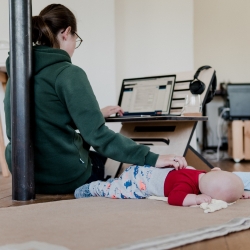 Working from home may have been an adjustment at the start of the pandemic lockdown, but according to
Working from home may have been an adjustment at the start of the pandemic lockdown, but according to 
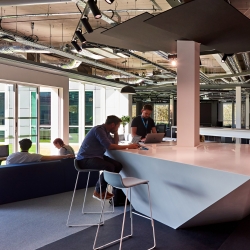




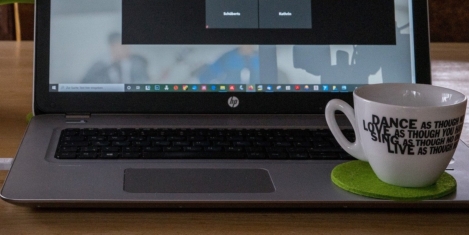
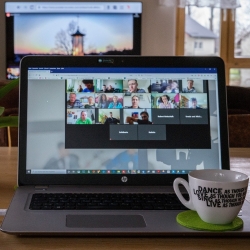 A new global study by
A new global study by 
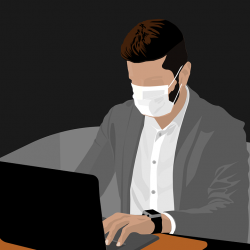 With current government advice encouraging all those who can work from home to do so, it’s no surprise that Britain’s businesses and employees are navigating a new normal. New research from
With current government advice encouraging all those who can work from home to do so, it’s no surprise that Britain’s businesses and employees are navigating a new normal. New research from 
 Envoy has released results from its
Envoy has released results from its 







October 20, 2020
Remote work and the risks of employee surveillance
by Joe Aiston and Alexander Barnett • Comment, Flexible working, Technology